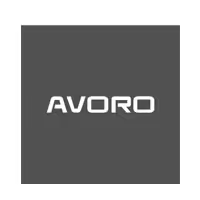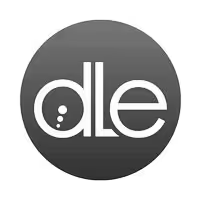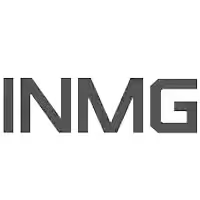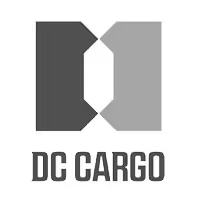How Retargeting Ads Help Syracuse’s Tech Companies Reconnect with Clients

In today's competitive digital landscape, technology companies in Syracuse are continually looking for innovative ways to engage potential clients. One effective strategy that has gained traction is the use of retargeting ads. These advertisements are designed to reconnect with users who have previously interacted with a brand, allowing tech firms to remind prospects of their offerings and enhance conversion rates.
How Retargeting Ads Help Syracuse’s Tech Companies Reconnect with Clients
Retargeting ads have emerged as a powerful tool for Syracuse's tech companies, providing them with a competitive edge. When potential customers visit a website but leave without making a purchase or inquiry, retargeting campaigns can serve as a subtle reminder of the products or services they were interested in. This helps companies stay top-of-mind for their audience.
For instance, if a visitor explores a SaaS product, they might later encounter targeted ads on other websites, prompting them to return to the original site. This creates a seamless experience, enhancing the likelihood of conversion. The effectiveness of retargeting ads lies in their ability to create a personalized marketing journey, where users feel as though the brand understands their needs and preferences, thereby fostering a sense of connection and trust.
Understanding the Retargeting Process
The retargeting process begins by placing cookies on the browsers of users who visit a company's website. These cookies allow companies to track user behavior online and serve personalized ads tailored to their interests. The strategy ensures that potential clients receive ads for products or services they have already shown interest in, rather than generic advertisements.
By leveraging this technology, Syracuse's tech firms can engage their audience more effectively, which can lead to higher engagement rates and increased sales. Additionally, the data collected through retargeting can provide valuable insights into customer behavior and preferences, allowing companies to refine their marketing strategies. For example, if a particular ad campaign yields a high click-through rate, businesses can analyze the elements that contributed to its success and replicate those in future campaigns. This iterative approach not only enhances the effectiveness of advertising efforts but also contributes to a more tailored customer experience, ultimately driving loyalty and repeat business.
The Challenges of Lead Generation in the Technology Sector
Generating leads in the technology sector poses unique challenges. The industry is often cluttered with competition, and potential clients are bombarded with advertising messages every day. Therefore, standing out can be particularly tough for Syracuse's tech companies. With the rapid pace of technological advancement, companies must not only keep up with the latest trends but also anticipate future needs of their customers, which adds another layer of complexity to their lead generation strategies.

Additionally, the diverse nature of the technology market means that customer preferences vary widely. What works for one target demographic may not resonate with another, complicating lead generation efforts. For instance, younger audiences may prefer interactive content like videos and social media engagement, while older demographics might respond better to informative whitepapers and webinars. This variance necessitates a multifaceted approach to content creation and distribution, ensuring that all potential leads are effectively nurtured through the sales funnel.
Overcoming Common Obstacles
Syracuse tech companies must tackle these obstacles by developing targeted campaigns that resonate with their specific audience segments. This requires extensive market research, analysis of user behavior, and continuous optimization of messaging. By leveraging data analytics, companies can gain valuable insights into the preferences and pain points of their target audience, allowing them to craft more personalized marketing strategies that speak directly to potential leads' needs.
Utilizing tools like retargeting ads can effectively address these challenges by allowing tech companies to tailor their messages to the interests of viewers who have previously engaged with their brand. Furthermore, implementing a robust customer relationship management (CRM) system can enhance lead tracking and follow-up processes, ensuring that no potential client slips through the cracks. By integrating these technologies, Syracuse tech firms can create a seamless experience for their leads, fostering relationships that are more likely to convert into long-term partnerships.
Crafting Retargeting Campaigns to Re-Engage Prospects
Creating effective retargeting campaigns requires an understanding of the target audience and their behavior. Syracuse's tech firms must consider various factors, such as the types of content users interact with and the timing of the ads. By analyzing user data, businesses can gain insights into the preferences and pain points of their audience, allowing for more strategic ad placements. This analytical approach not only helps in crafting tailored messages but also in determining the optimal frequency and timing for ad delivery, ensuring that the ads reach users when they are most receptive.
Successful campaigns leverage compelling visuals, concise messaging, and strong calls to action. These elements encourage prospects to reconsider their previous decisions and engage with the brand once again. Additionally, incorporating dynamic content that changes based on user interactions can further enhance the effectiveness of retargeting efforts. For instance, showcasing products that users viewed but did not purchase can create a sense of urgency and remind them of their initial interest, nudging them closer to conversion.
Key Components of a Successful Campaign
- Personalization: Tailoring ads based on user behavior can significantly enhance engagement. Prospects appreciate when brands acknowledge their past interactions. This can be achieved through personalized recommendations or reminders about items left in a shopping cart, making the user feel valued and understood.
- Clear Value Proposition: Communicating the benefits of returning to the product or service can spark curiosity and prompt action. Highlighting limited-time offers or exclusive deals can create a sense of urgency that encourages users to act quickly.
- Frequency Capping: To avoid overwhelming prospects, it’s crucial to limit how often ads are shown to the same user. Striking the right balance ensures that users remain engaged without feeling bombarded, which can lead to ad fatigue and negative perceptions of the brand.
By focusing on these components, tech companies can create campaigns that resonate with their audience and drive conversions effectively. Furthermore, integrating A/B testing into the campaign strategy allows businesses to experiment with different ad formats and messaging styles, optimizing their approach based on real-time performance data. This iterative process not only enhances the effectiveness of retargeting efforts but also fosters a deeper understanding of what truly captivates the target audience, leading to more successful marketing initiatives in the long run.
Using PPC to Offer Free Trials and Demos
Another strategy that can complement retargeting efforts is leveraging pay-per-click (PPC) advertising. Syracuse's tech companies can attract fresh leads and re-engage previous visitors by offering free trials and product demos through targeted PPC campaigns.
This approach not only demonstrates confidence in the product but also allows potential clients to experience its value firsthand. Especially in the tech sector, where the products can be complex, providing a trial can help alleviate potential buyers' hesitations. By allowing users to interact with the product without any financial commitment, companies can build trust and showcase the unique features that set their offerings apart from competitors. This tactic is particularly effective in industries where the purchasing decision is heavily influenced by user experience and satisfaction.
Designing Effective PPC Ads
Effective PPC ads should be enticing and clearly communicate the offer. Highlighting specific benefits and including strong calls to action like "Start Your Free Trial" can generate interest. Furthermore, incorporating testimonials or success stories from existing customers can enhance credibility and encourage potential clients to take action. When users see that others have benefited from the product, they are more likely to feel motivated to try it themselves.
Additionally, using compelling visuals and a streamlined landing page can facilitate conversion, ensuring that visitors can easily sign up for a trial or demo. The landing page should be optimized for mobile devices, as a significant portion of users may access it through their smartphones. Including a simple form that captures essential information without overwhelming the user can lead to higher conversion rates. Moreover, A/B testing different ad copies and landing page designs can provide valuable insights into what resonates best with the target audience, allowing for continuous improvement of the PPC strategy.
Measuring Metrics for Retargeting Success
To gauge the success of retargeting ads, Syracuse's tech companies need to measure specific key performance indicators (KPIs). By tracking these metrics, companies can assess the effectiveness of their campaigns and make necessary adjustments.
Common metrics to monitor include click-through rates, conversion rates, and return on ad spend. Understanding these figures can provide insights into what's working and what strategies require refinement.
Analyzing Data for Continuous Improvement
Implementing analytics tools to track user interactions with retargeting ads can yield invaluable insights. By analyzing this data, tech firms can continually optimize their campaigns, ensuring that they remain relevant and effective.
Furthermore, A/B testing different ad formats, visuals, and messaging can help identify the most successful strategies, enhancing overall campaign performance.
How We Drive Leads for Syracuse’s Tech Firms
At our organization, we specialize in driving leads for tech companies in Syracuse through a combination of retargeting campaigns and PPC advertising. Our tailored strategies aim to maximize engagement and conversion rates, leveraging data-driven insights and cutting-edge technology.

By understanding the unique challenges of the tech sector, we develop campaigns that resonate with target audiences and foster lasting relationships. We believe that by focusing on users who have already shown interest in a brand, companies can significantly increase their chances of conversion.
Our Approach to Lead Generation
Our approach includes thorough market analysis, personalized campaign strategies, and ongoing performance tracking. We work closely with our clients to ensure campaigns align with their goals and adapt as needed based on real-time data.
In the rapidly evolving tech landscape, embracing innovative strategies like retargeting and PPC advertising is crucial for success. Syracuse's tech firms can greatly benefit from these efforts, reconnecting with clients and driving growth.

As a Google Ads expert, I bring proven expertise in optimizing advertising campaigns to maximize ROI.
I specialize in sharing advanced strategies and targeted tips to refine Google Ads campaign management.
Committed to staying ahead of the latest trends and algorithms, I ensure that my clients receive cutting-edge solutions.
My passion for digital marketing and my ability to interpret data for strategic insights enable me to offer high-level consulting that aims to exceed expectations.
Google Partner Agency
We're a certified Google Partner Agency, which means we don’t guess — we optimize withGoogle’s full toolkit and insider support.
Your campaigns get pro-level execution, backed by real expertise (not theory).
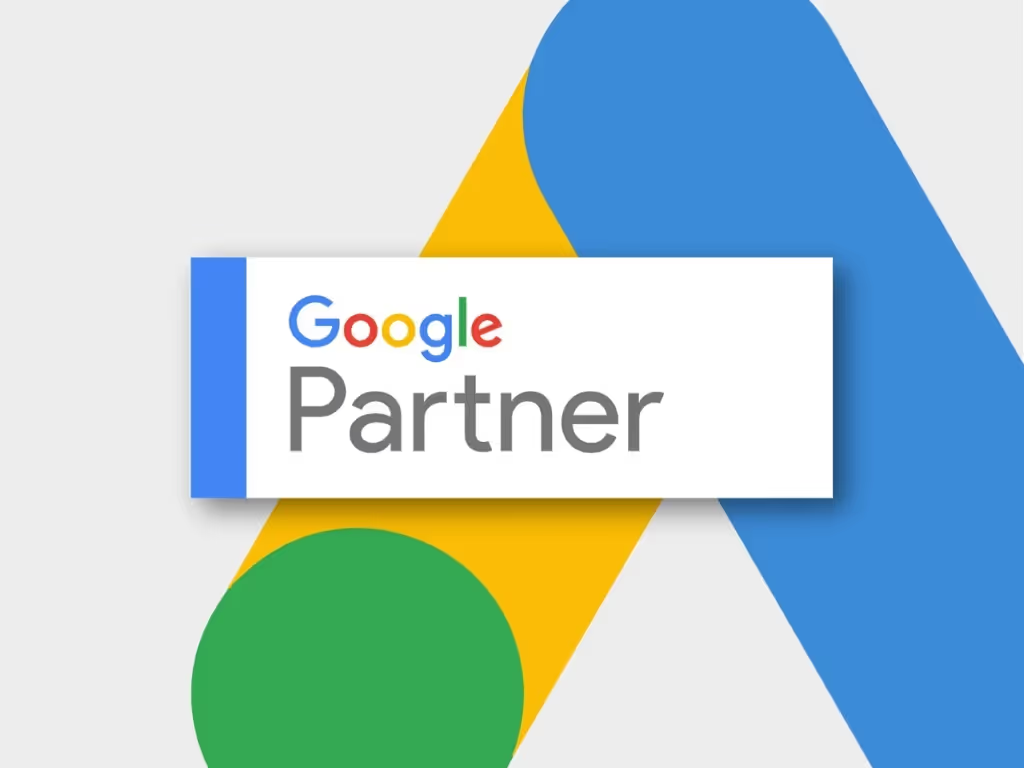
4.9 out of 5 from 670+ reviews on Fiverr.
That’s not luck — that’s performance.
Click-driven mind
with plastic-brick obsession.
We build Google Ads campaigns with the same mindset we use to build tiny brick worlds: strategy, patience, and zero tolerance for wasted pieces.
Data is our blueprint. Growth is the only acceptable outcome.

